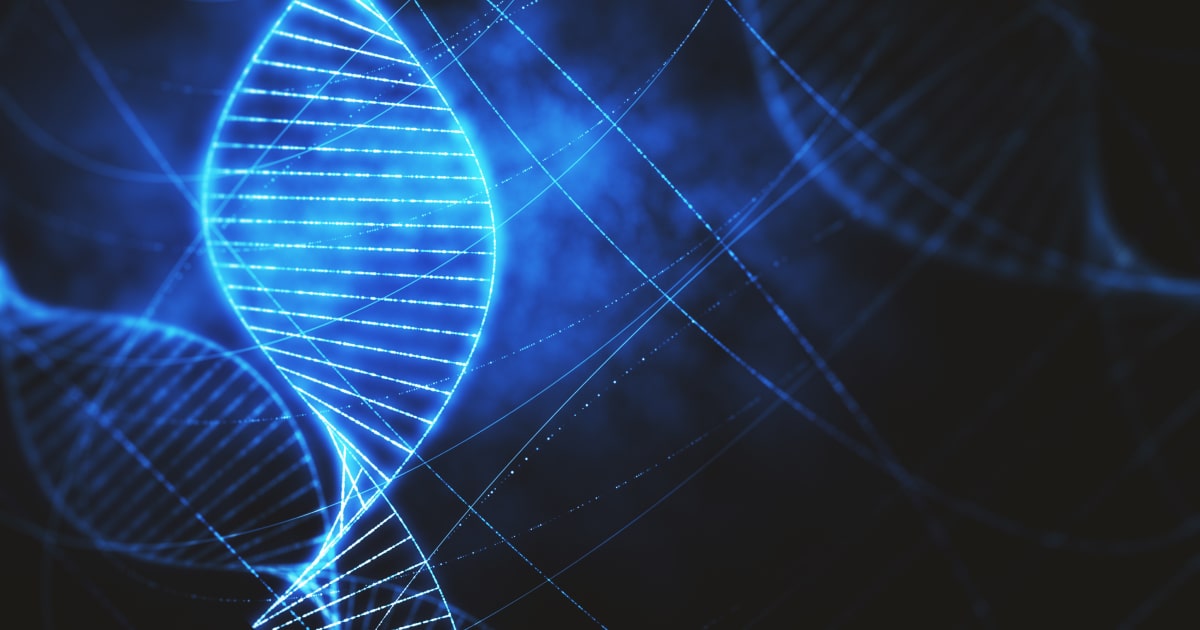
Expert Reviewed By: Dr. Brandon Colby MD
Introduction to Atrial Standstill 2
Atrial Standstill 2 (AS2) is a rare cardiac condition characterized by the absence or severe reduction of atrial electrical activity, leading to a lack of atrial contraction. This can result in a variety of symptoms, including fatigue, dizziness, and palpitations, and in severe cases, it can lead to heart failure. Understanding the genetic underpinnings of AS2 can pave the way for innovative diagnostic and therapeutic approaches.
Genetic Insights into Atrial Standstill 2
Recent advancements in genetic research have shed light on the molecular mechanisms underlying Atrial Standstill 2. A study published in MedRxiv identified a titin missense variant, T32756I, which plays a crucial role in the development of atrial fibrillation by affecting ion channel remodeling and contractility in cardiomyocytes. This discovery not only enhances our understanding of AS2 but also opens up new avenues for targeted therapies.
The Role of Genetic Testing in Atrial Standstill 2
Early Detection and Diagnosis
Genetic testing can be instrumental in the early detection and diagnosis of Atrial Standstill 2. By identifying specific genetic mutations associated with the condition, healthcare providers can diagnose AS2 before significant symptoms arise. This proactive approach allows for timely interventions that can mitigate the progression of the disease and improve patient outcomes.
Personalized Treatment Plans
Understanding the genetic basis of AS2 enables the development of personalized treatment plans. Genetic testing provides detailed information about the specific mutations present in an individual, allowing clinicians to tailor therapies that target these genetic aberrations. This personalized approach not only enhances the efficacy of treatments but also minimizes potential side effects, leading to better patient compliance and satisfaction.
Family Screening and Risk Assessment
AS2 is often hereditary, meaning that family members of affected individuals may also be at risk. Genetic testing can be used to screen family members, identifying those who carry the genetic mutations associated with AS2. This information is crucial for risk assessment and can guide decisions regarding lifestyle modifications and monitoring strategies to prevent or delay the onset of the disease.
Research and Development of New Therapies
Genetic testing is a cornerstone in the research and development of new therapies for Atrial Standstill 2. By understanding the genetic mutations involved, researchers can identify potential therapeutic targets and develop drugs that specifically address these genetic defects. This targeted approach holds the promise of more effective and efficient treatments, ultimately improving the quality of life for individuals with AS2.
Conclusion
Atrial Standstill 2, while rare, poses significant challenges to those affected by it. However, the integration of genetic testing into the diagnostic and therapeutic landscape offers hope. By enabling early detection, personalized treatment, family screening, and the development of novel therapies, genetic testing stands as a powerful tool in the fight against this silent heart disorder. As research continues to advance, the future of managing AS2 looks increasingly promising, with the potential to transform patient care and outcomes.
About The Expert Reviewer
Dr. Brandon Colby MD is a US physician specializing in the personalized prevention of disease through the use of genomic technologies. He’s an expert in genetic testing, genetic analysis, and precision medicine. Dr. Colby is also the Founder of and the author of Outsmart Your Genes.
Dr. Colby holds an MD from the Mount Sinai School of Medicine, an MBA from Stanford University’s Graduate School of Business, and a degree in Genetics with Honors from the University of Michigan. He is an Affiliate Specialist of the American College of Medical Genetics and Genomics (ACMG), an Associate of the American College of Preventive Medicine (ACPM), and a member of the National Society of Genetic Counselors (NSGC)